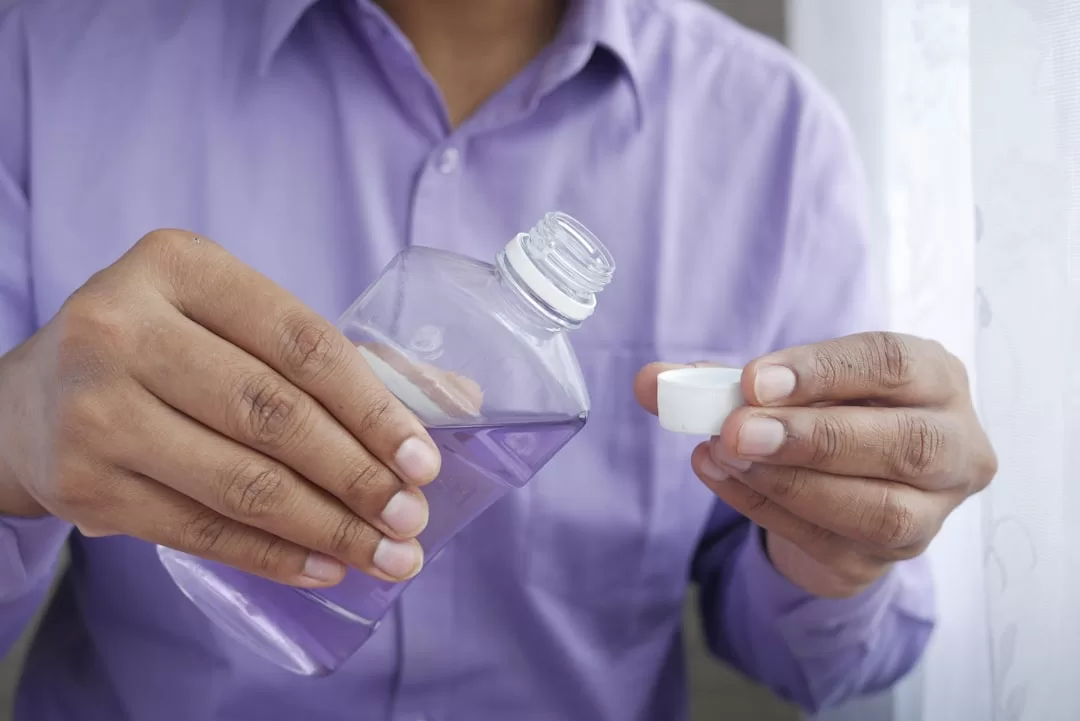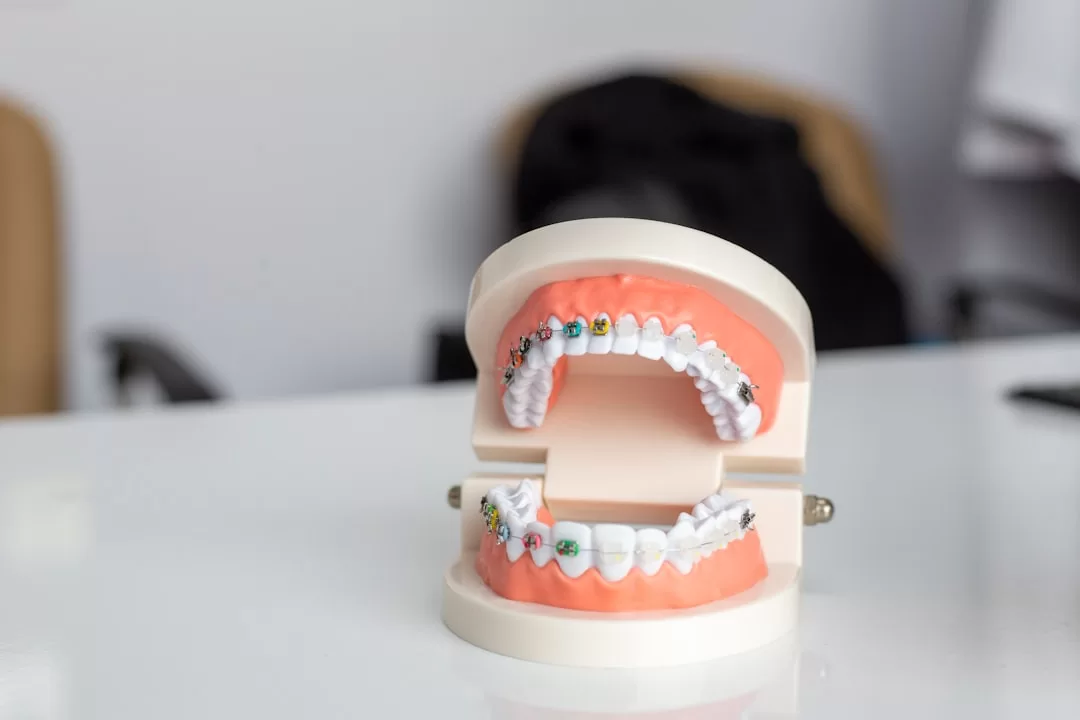Before starting oil pulling, it’s essential to know what exactly it is. Before we get into how it works, we need to understand what it does to the mouth. What are the benefits? How can you do it at home? And what are the possible side effects? So let’s take a closer look! Continue reading to learn all about oil pulling!

Introduction: What is Oil Pulling?
Oil pulling has its roots in Ayurvedic medicine and has become a popular alternative treatment for the teeth. Ayurvedic medicine believes that energy in the body determines health, so this practice is beneficial for overall wellness. Oil pulling is said to help remove toxins from the body by drawing them out of the mouth. In this way, it helps maintain the health of the body’s natural flora and pH levels. It is a healthy alternative to commercial mouthwashes.

Traditional Chinese and Ayurveda believe that the tongue has meridian pathways which connect the organs. By gargling with oil, the meridian pathways are cleansed. It also promotes harmony within the body. Oil pulling is done for between 10 and 20 minutes before eating, drinking, or brushing your teeth. Therefore, the practice is most effective when it is practised before meals or before brushing.
What are the Benefits of Oil Pulling?
If you want to know what are the benefits of oil pulling, you should understand how it works. Oil pulling is an alternative to traditional dental care. It entails swishing oil in your mouth for up to 20 minutes. This is considered an adequate amount of time to reap the benefits of oil pulling. Spit it out once you are finished and follow your regular oral hygiene routine. Using too much oil can clog pipes. To avoid this, use a little oil the next time.
People who practice oil pulling have been doing it for thousands of years. It is a method of cleansing the mouth by reducing bacteria and stimulating saliva production. Generally, oil pulling involves swishing a tablespoon of oil in the mouth for about 15 minutes. The oil is supposed to be thin and milky. However, it would be best if you spat it out when it becomes milky or light, as oil is full of bacteria. Many studies have been conducted to determine the benefits of oil pulling and the best kind of oil to use.
How to do oil pulling at home?
The most common oils used for oil pulling are virgin sunflower and olive oils. This is because they do not go through any processing before being used in this method. When using either of these types of oils, be sure to spit it out into the trashcan to avoid contamination. The resulting mixture will be frothy and appear soapy. For the best results, start with small amounts of oil pulling and gradually increase the duration.

Oil pulling is a practice that has been used for centuries in Ayurvedic medicine. It is said to improve oral hygiene and detoxify the body. Some research has shown that oil pulling can help treat several diseases and may have other benefits, such as fresher breath and whiter teeth. Additionally, it is believed to reduce inflammation in the body and help with the treatment of various diseases. Some oils are naturally beneficial for oral health, and some even reduce inflammation. To see the benefits of oil pulling for yourself, try it out!
What are the side effects of Oil Pulling?
Although this method of mouth washing has many benefits, it can also cause some side effects. For example, those with sensitive gag reflexes may find oil pulling unpleasant. Some people have even reported feeling nauseous or experiencing other minor discomforts. When it comes to oil pulling, it’s important to weigh the risks and benefits. Some people believe that oil pulling can help with allergies, but there is also the potential for gum disease. Before you start oil pulling, be sure to talk to your doctor to see if it’s right for you.

Coconut oil, used in oil pulling, has several proven health benefits. It fights harmful oral bacteria and reduces inflammation. It’s also edible, so it poses no significant health risks. The mouth contains an intricate ecosystem of bacteria that contribute to tooth decay, bad breath, and gum disease. Oil pulling can help improve oral hygiene by removing these harmful microorganisms. The practice has a range of side effects, but it’s worth considering before you decide to try it out.
Conclusion
Oil pulling, or the practice of swishing oil in your mouth for 20 minutes before bed, has been around for centuries and is believed to have several health benefits. One study found that oil pulling improved oral health and decreased bad breath. It also helped reduce plaque and gingivitis and improved overall tooth quality. Other studies have found that oil pulling can enhance the quality of sleep, reduce anxiety and stress, improve cognitive function, and even help you lose weight. If you’re considering trying oil pulling, be sure to talk to your dentist first. There may be a possibility of some side effects that may occur, but many of them are mild and manageable.
🔬 Reviewed for Scientific Accuracy by:
With over 15 years of academic and clinical experience, Dr. Gautam oversees the scientific and editorial integrity of educational content related to herbs, nutrition, and wellness.
ResearchGate Profile | ORCID
Dr. Khurana brings deep expertise in nutraceutical formulation, phytochemistry, and metabolic health. He reviews FarmPURE content to ensure alignment with evolving biochemical and plant-based research.
ORCID
All FarmPURE Blog content is reviewed by domain experts to ensure it reflects the highest standards of botanical integrity, scientific relevance, and practical guidance. Our mission is to promote better health and beauty through the power of organic herbs, spices, and plant-based wellness solutions.
Disclaimer: The information provided in this blog is intended for general wellness and educational purposes only. It is not a substitute for professional medical advice, diagnosis, or treatment. Dr. Rashmi Gautam and Dr. Nikhil Khurana participate as scientific reviewers only, and do not provide or endorse personalized medical recommendations. Always consult a qualified healthcare provider before making decisions related to your health.

